China possible to ban open-loop scrubbers
Speaking during a lunch that the Hong Kong Shipowners Association (HKSOA) organised, Dr. Xie Xie, director of the Waterborne Transportation Research Institute at the Chinese Ministry of Transport, said that he is not sure if China will allow open-loop scrubbers as a compliance measure in its ECAs and coastal waters.

Speaking during a lunch that the Hong Kong Shipowners Association (HKSOA) organised, Dr. Xie Xie, director of the Waterborne Transportation Research Institute at the Chinese Ministry of Transport, said that he is not sure if China will allow open-loop scrubbers as a compliance measure in its ECAs and coastal waters.
Open-loop scrubbers use seawater to clean the exhaust. Seawater is supplied through a pipe and while CO2 dissolves into the water, it creates carbonic acid, and bicarbonate or carbonate ions depending on the pH.
Commenting on China's attempt to impose new and stricter sulphur rules, starting from next January, Mr. Xie said that it would be possible that China will ban open-loop scrubbers, as a way for vessels to comply in Chinese ECAs and coastal waters.
Namely, as of 1 October 2018, ships operating in China’s Yangtze River Delta domestic ECA can no longer use fuel with a sulphur content exceeding 0.5%, unless an approved exhaust gas cleaning system is installed, the Gard P&I Club said citing information by Chinese regional authorities of Shanghai, Zhejiang and Jiangsu Provinces.
According to Gard’s correspondent Huatai Insurance Agency & Consultant Service Ltd., the authorities issued formal notices, signifying an earlier than expected start of a 0.5% sulphur cap in the Yangtze River Delta ECA and amending the original timeline as follows:
- Since 1 January 2018, ships have been required to burn fuel with a sulphur content not exceeding 0.5% while berthed at all ports within the three ECAs. Ships must switch to compliant fuel within one hour of arriving at their berth and burn compliant fuel until not more than one hour prior to departure.
- From 1 October 2018, ships must burn fuel with a sulphur content not exceeding 0.5% at all times while operating inside the Yangtze River Delta ECA. Hence, from this date, any fuel change-over operation should be completed prior to the entry into or commenced after exit from the Yangtze River Delta ECA.
China designated the Pearl River and Yangtze River Deltas, and Bohai-rim Waters as domestic emission control areas (ECA) in 2015 and announced a gradual implementation of the requirements concerning emissions of air pollutants from ships.
The above are part of China's attempt to reduce air pollution, as the Asian country released a three-year action plan to reduce air pollution by 2020.
In this plan, an environmental friendly transport system, which will incorporate high fuel efficiency and low emissions, is key. To achieve this system, China will attempt to increase the use of railways and waterways and reduce that of road transport.




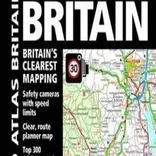
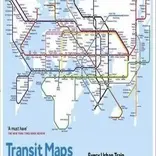



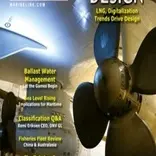

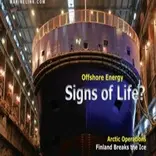

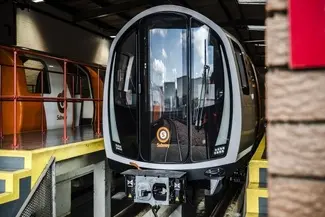

![AIRBUS A380 [MORE THAN 600 PASSENGER’S CAPACITY PLANE]](https://cdn.tinn.ir/thumbnail/4jCp4EQvCU0b/IjHVrSYQrIAqIzXuTzADR7qLYX4idQT4nfq__26E5SCUPLMqfhWkWajvuO9Wfq1ql1TjV4dhkrHliNQU82kMpo2NNftT_NGEwHc9KXtN_rk731bmifa2IQ,,/airbus-a380-structure1.jpg)

Send Comment